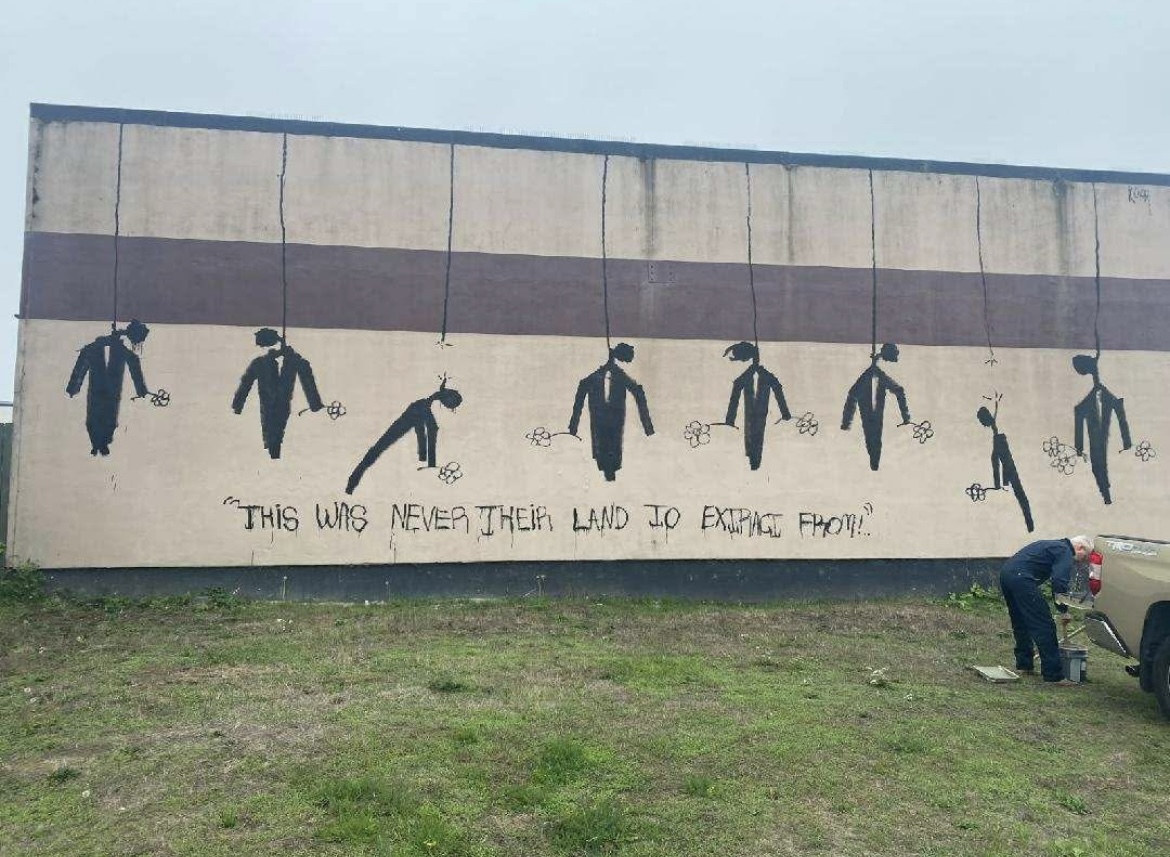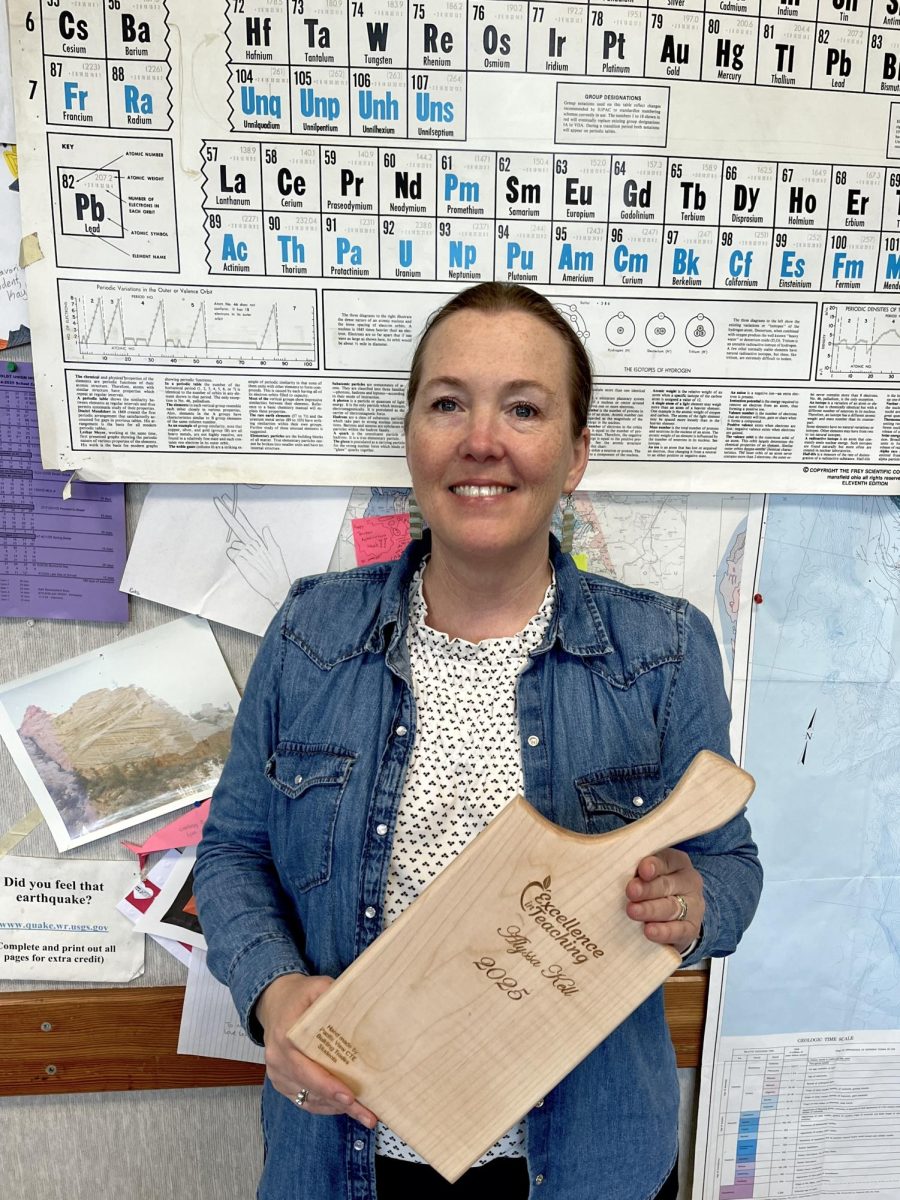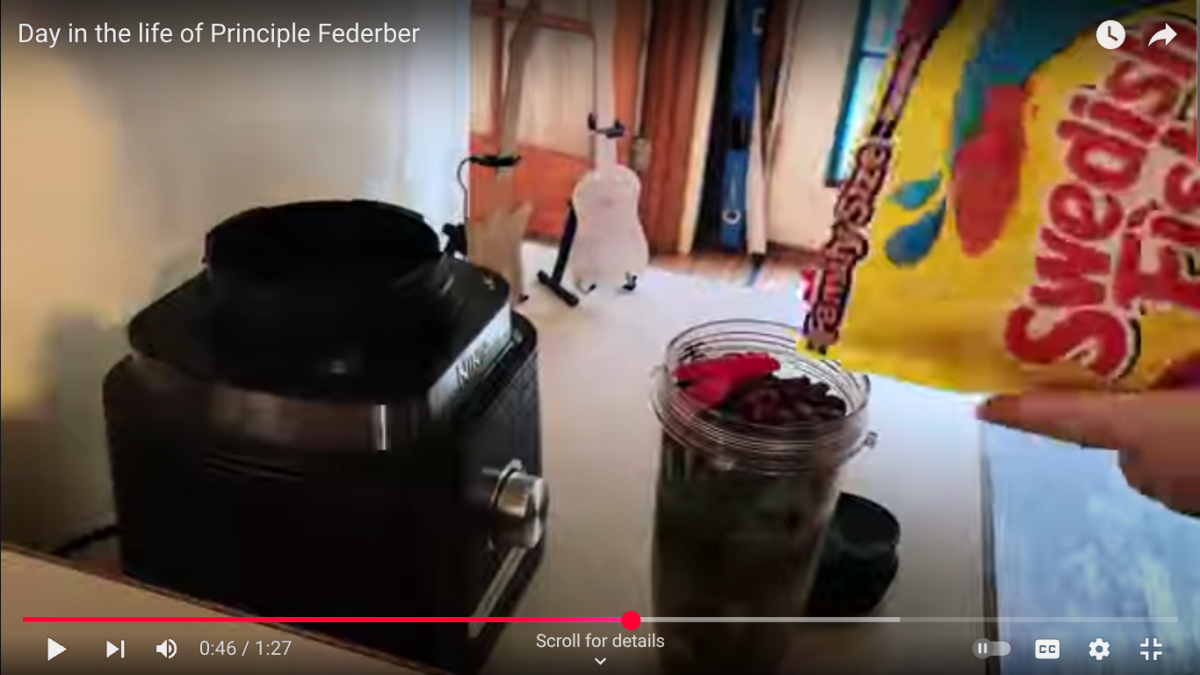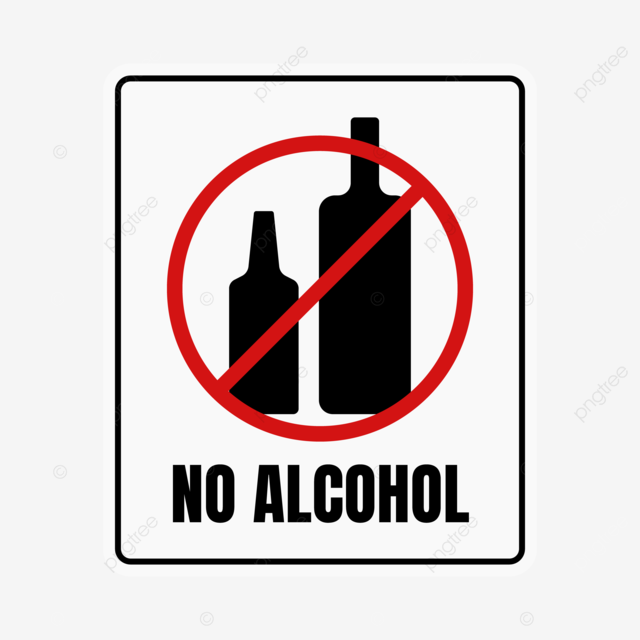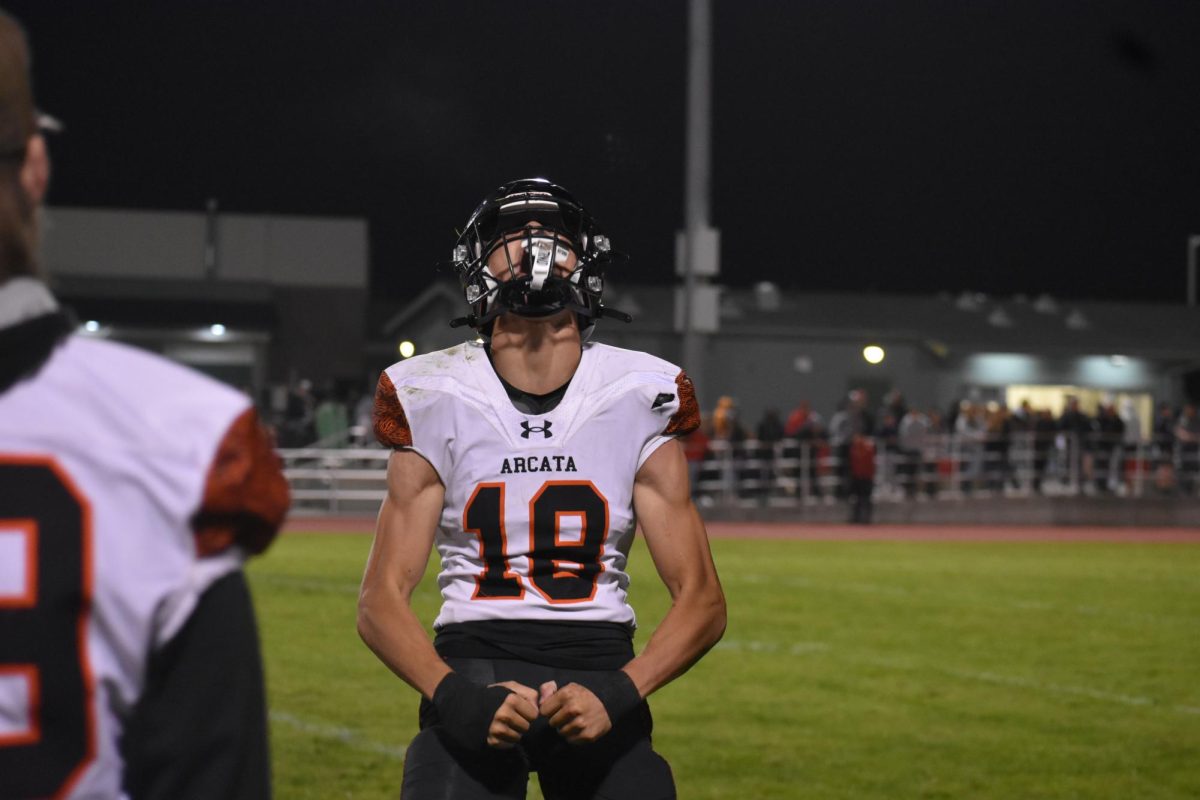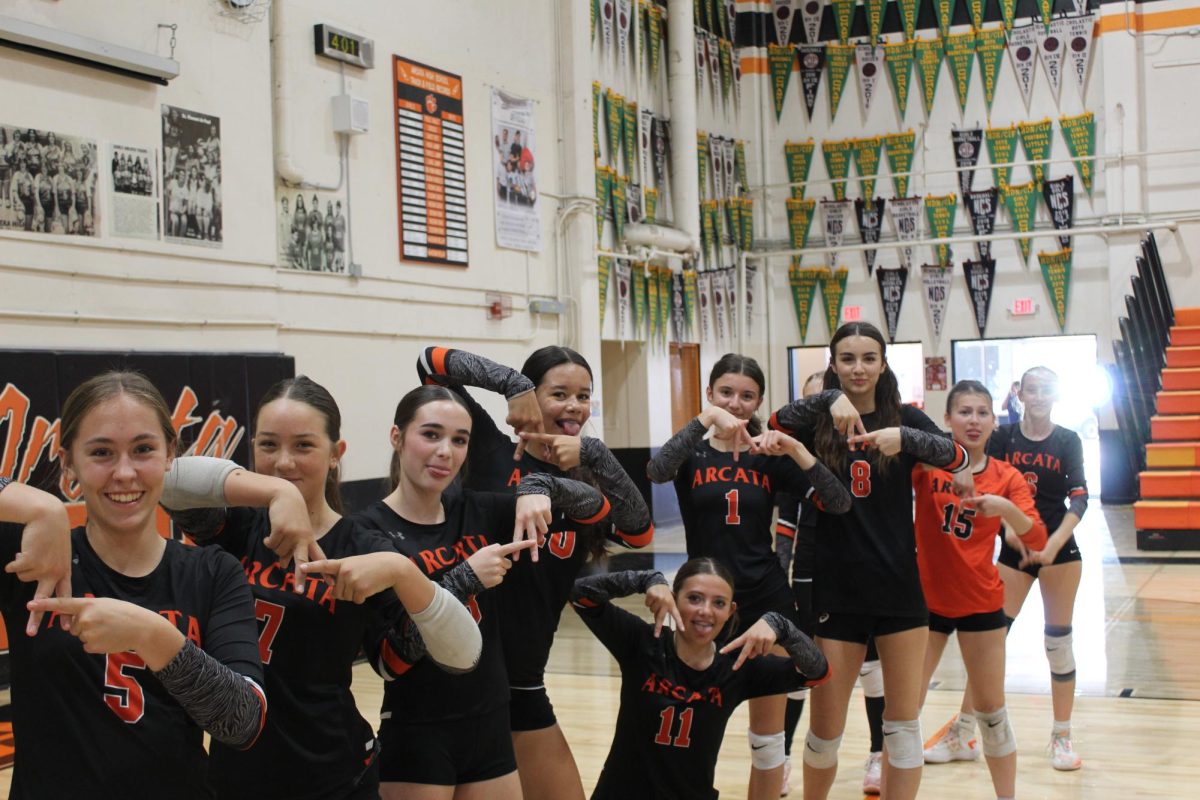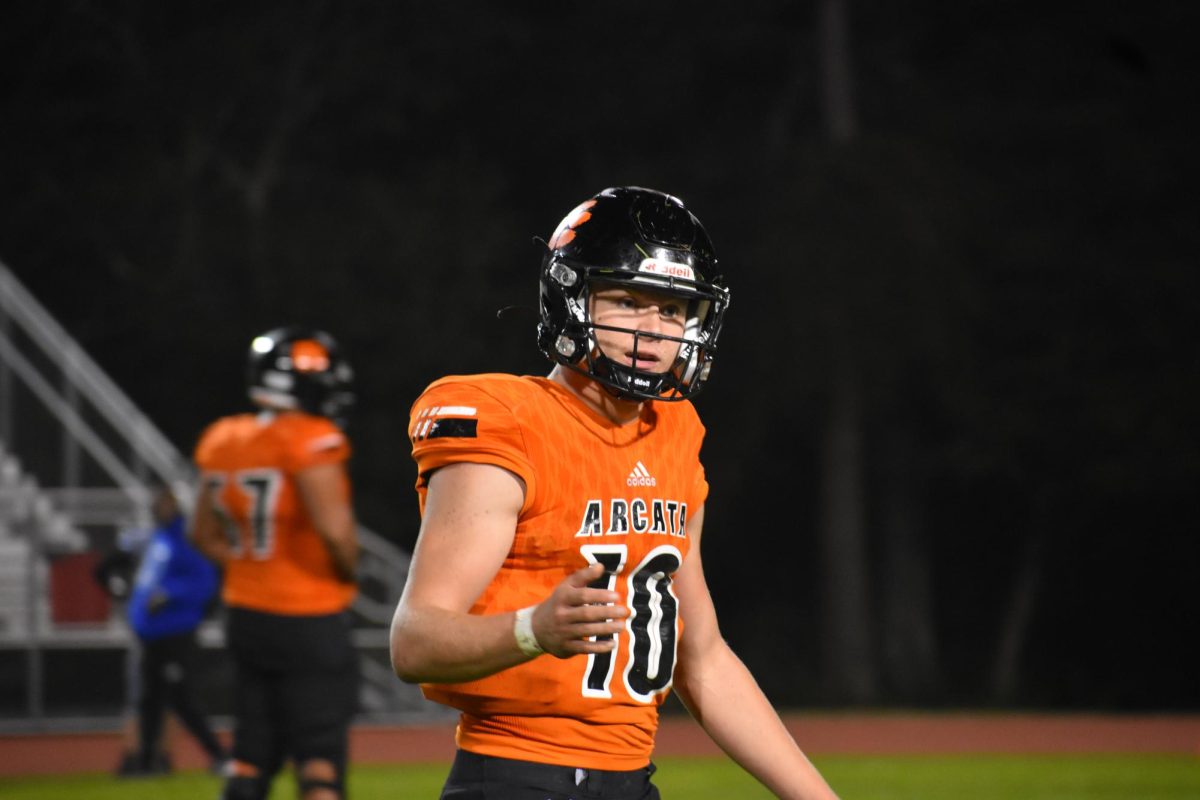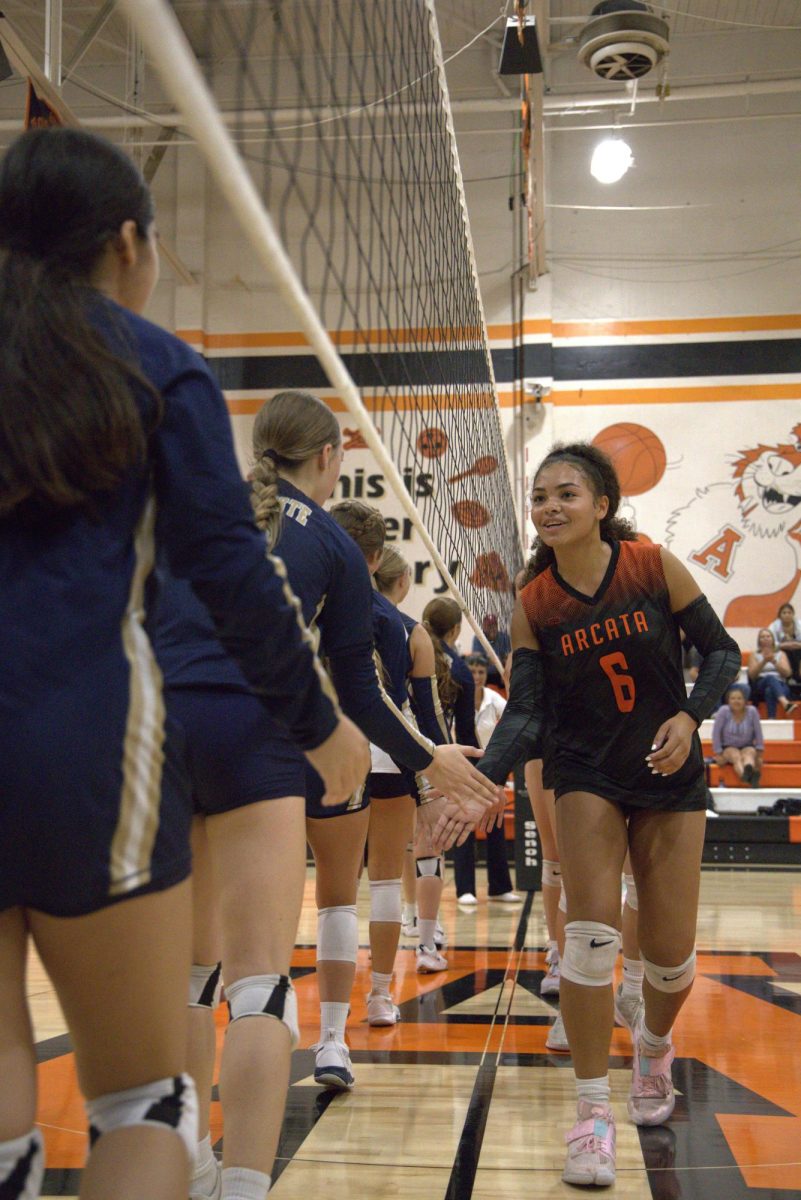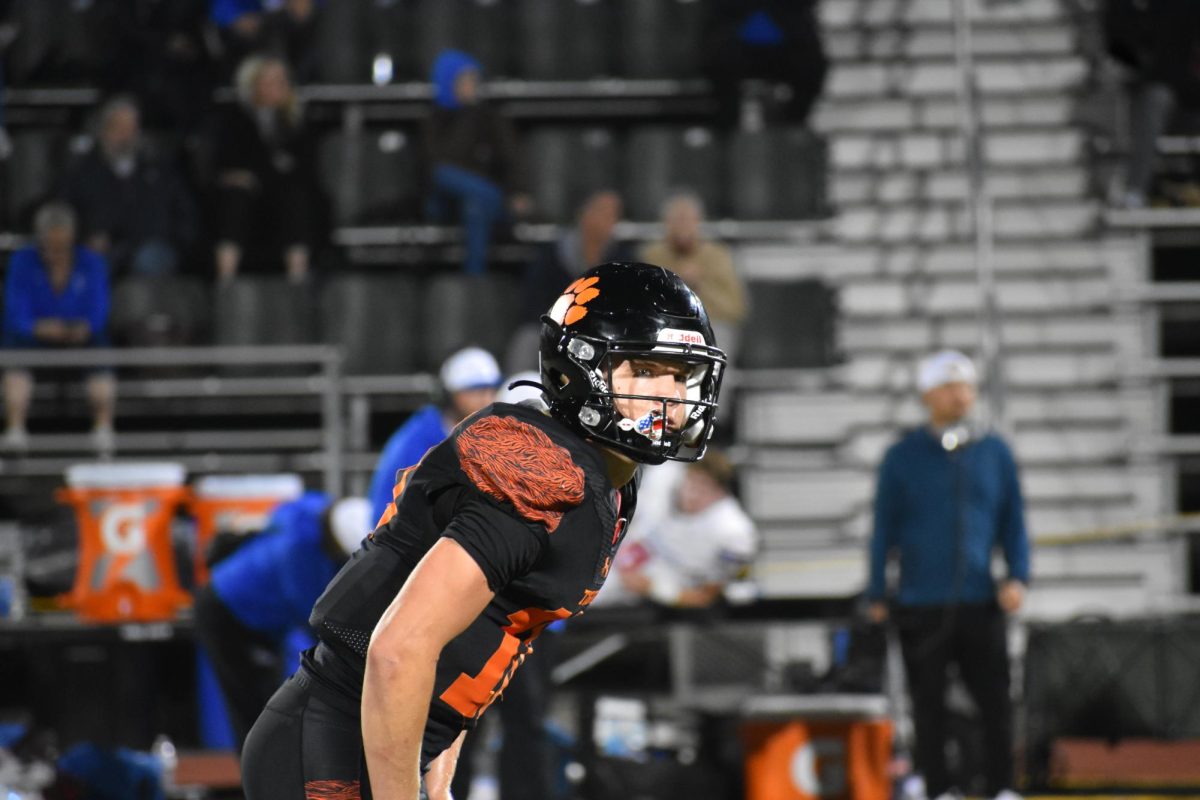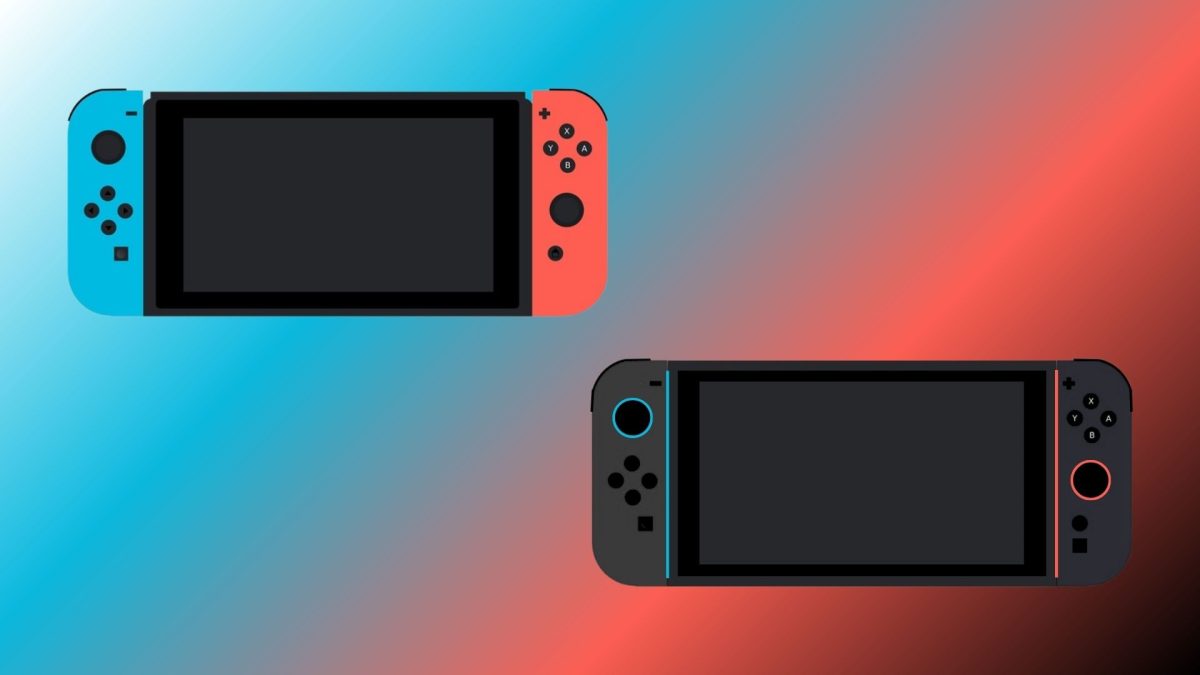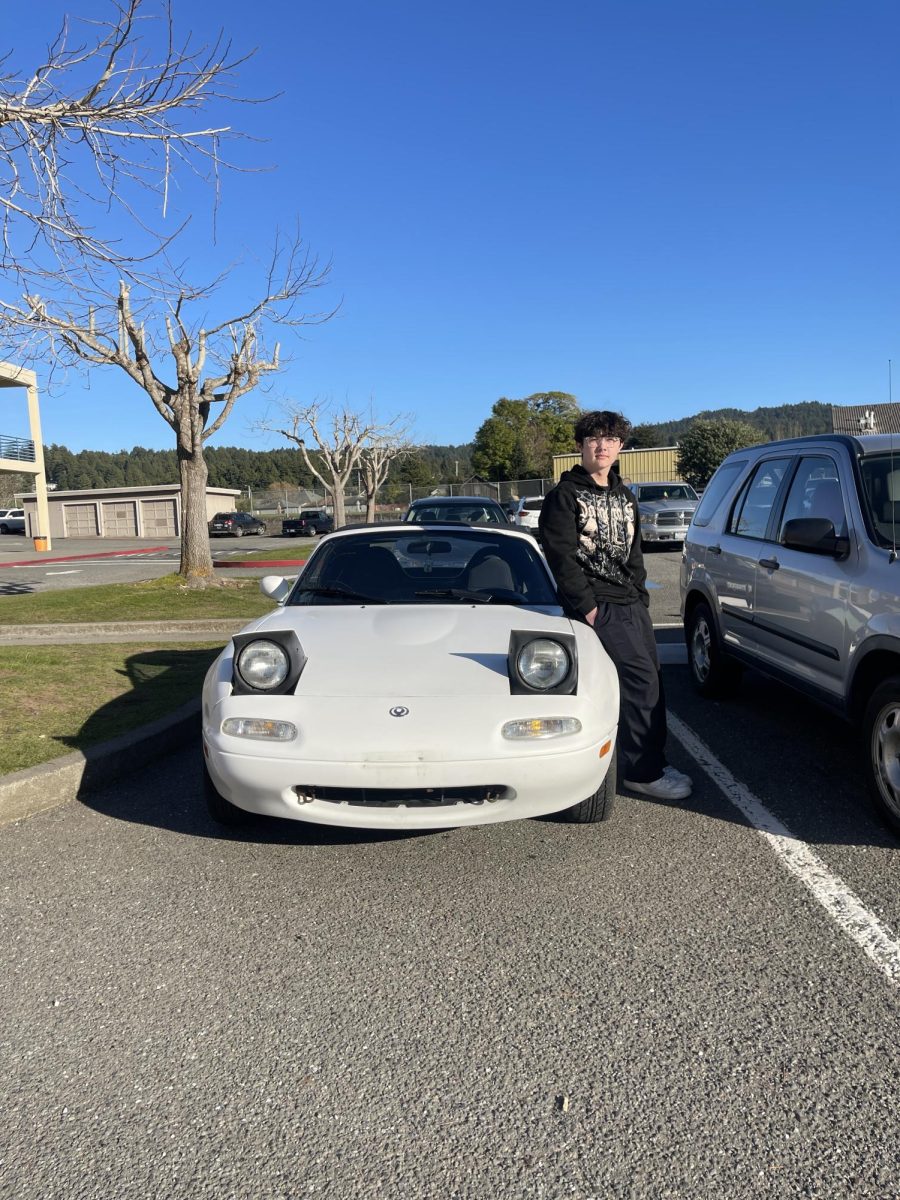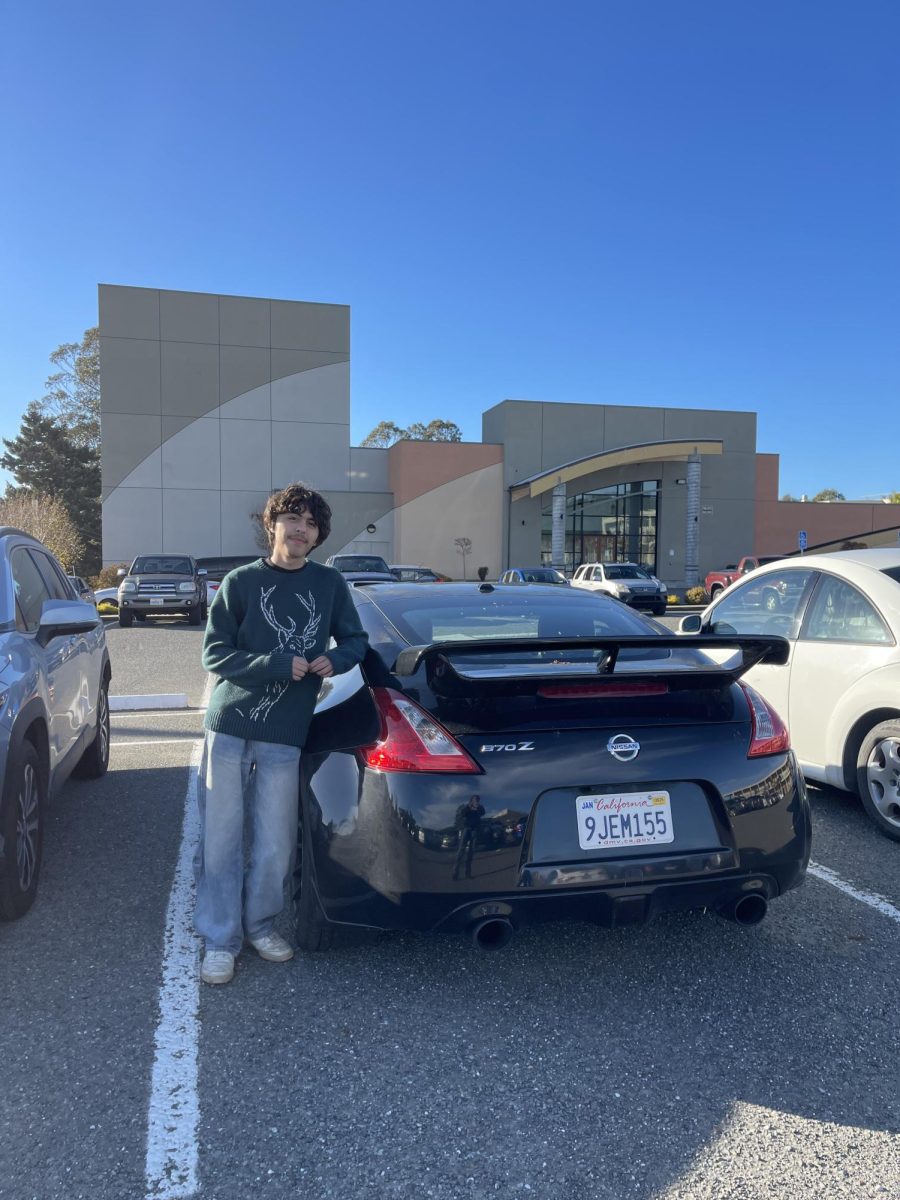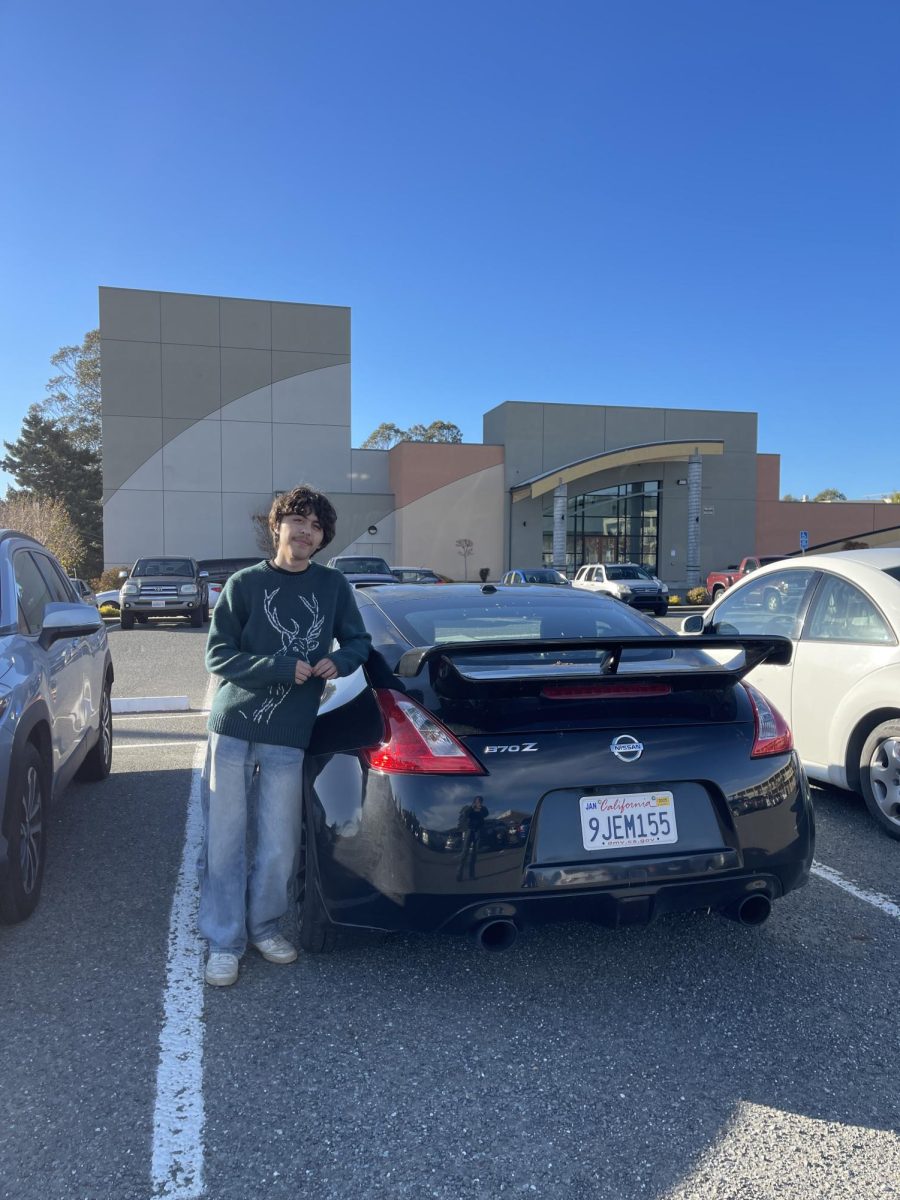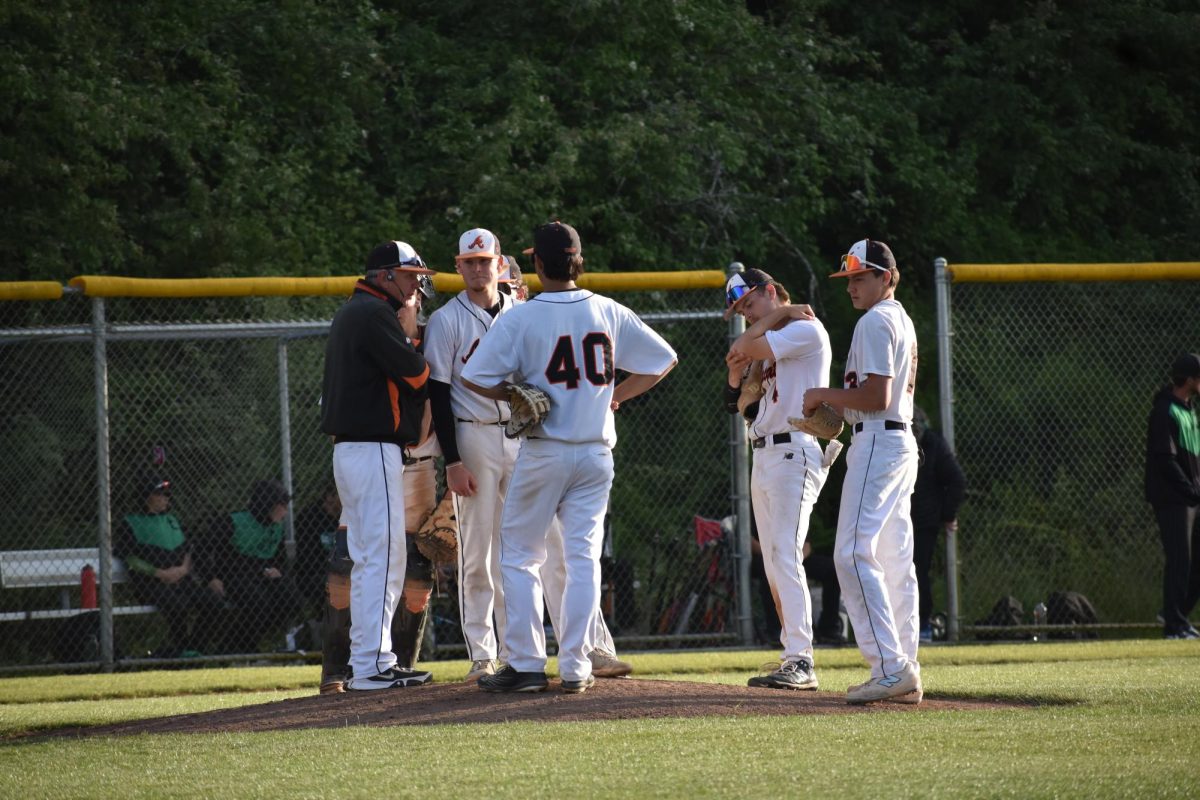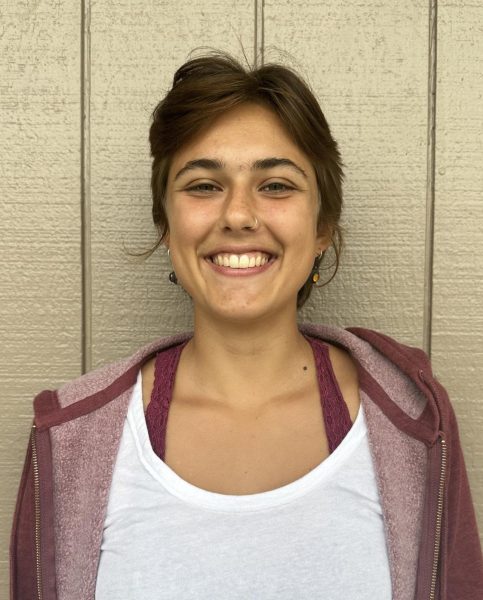Sex. Talking about it can be awkward, but sex is here to stay. Many Arcata High students agree that there is a stigma around sex. Whether it’s about age or cultural affiliations, such as religious beliefs and traditional practices, there is an unspoken agreement to not talk about it. For many, even just talking about sex in sexual education classes freshman year was awkward. Students don’t discuss the minutiae of birth control or STD testing with their friends during break. It’s just weird. Many interviewees were unwilling to go on record for this article, an indicator of the apprehension surrounding discussions about sex.
By not talking, however, many students have been left feeling uneducated and unprepared. An Arcata High senior confirmed that adults telling students to not have sex, period, doesn’t really work.
“Instead of saying ‘you’re going to get STDs, you’re going to get pregnant,’ why don’t we focus on here’s how you get this, here’s how you can prevent this because we know this is happening and going to happen,” she said. “Instead of just shunning it, because then it’s not talked about and no one understands.”
According to Columbia University Irving Medical Center, abstinence-only education does not work. Theoretically, this type of education could teach students to avoid sexual practices, but in reality, these “programs simply do not prepare young people to avoid unwanted pregnancies or sexually transmitted diseases.” Instead, “comprehensive sex education programs” result in safer sexual practices, such as an increased use of contraception and a decrease in unprotected sex.
After freshman year sex ed, Arcata High does not have clear support for students seeking help with their sexual health. Since there is not a direct, safe place for students to go on campus, they have to look elsewhere in the community. When the Pepperbox interviewed multiple students from different grade levels, we found that overall, many are unaware of one such valuable resource: Teen Clinic at Open Door Community Health Clinics. The Pepperbox interviewed Teen Clinics’ director Tara Moss for more information and the Q and A is below.
What is Teen Clinic?
Teen Clinic is a free, walk-in clinic in Arcata and McKinleyville. It’s open from 3 to 5 p.m. and any teens can just walk in. They don’t need any parental consent. We do sexual health, so we offer contraception, and STD testing and treatment if tests are positive. We can help support discussions about whether people want to be abstinent. We can help support people who are feeling pressure sexually. We can help support people who are working with their gender and trying to figure out where they are with that. If people have any symptoms that are related to sexuality we can help them with that. We are funded by grants and funding sources so youth don’t need to worry about their parent’s consent for sexual health. Our goal is to prevent pregnancy and to empower youth to make wise choices and be comfortable in asserting what they want.
Who can come to Teen Clinic and what for?
So, anybody who’s under 20 can come. They don’t have to have an appointment, they can just walk in. We encourage people to come in close to 3 p.m. versus just before 5 p.m. Anything related to sexual health. So say you have symptoms down there that you’re worried about, or you want to get STD testing, or you want to talk about ‘how do I keep myself safe sexually’? Does that have to do with contraception or does that have to do with how I talk with a potential partner or how I assert my ‘no’ or my ‘yes’? It’s a lot about consent and about protecting people from feeling pressure or coercion.
What do you want teens to know if they are considering coming in for the first time?
I want them to know that it’s a safe space and that we try to really honor people and their sense of confidentiality. This is a completely confidential space. If someone talks to you about their intimate things here at Teen Clinic, you cannot talk about it with anyone, even if their parents contact you or one of the workers of Teen Clinic. We can’t even say that we know who their student is.
What does the process look like? What should teens expect when they come in?
So, they come in and we give them a form to fill out, and we enroll them in this funding program, and then they get to see a medical provider and talk about what their concerns are. Then, depending on what’s going on with them, they’re treated. We prioritize treating people with respect and honoring their confidentiality.
What is the environment like?
I’d like to believe it’s a comfortable, easy environment. People can come in with their friends. If you’re nervous about it, bring your friends to give you moral support. That’s completely fine, there’s no limit.
Are there any misconceptions about Teen Clinic that you would like to change?
There are a lot of misconceptions, probably the biggest is that we promote sex. We’re not about promoting sex, we’re about promoting safe, wise choices. Information is always good and if we can get good information out there and support people to feel confident in their decisions with good science, that’s a good thing.
What is your favorite part about Teen Clinic?
Oh, I love the youth. I love meeting them and supporting them. Probably one of the most wonderful things is when someone comes back and says “Oh my goodness, this made such a difference.” That’s the best.

